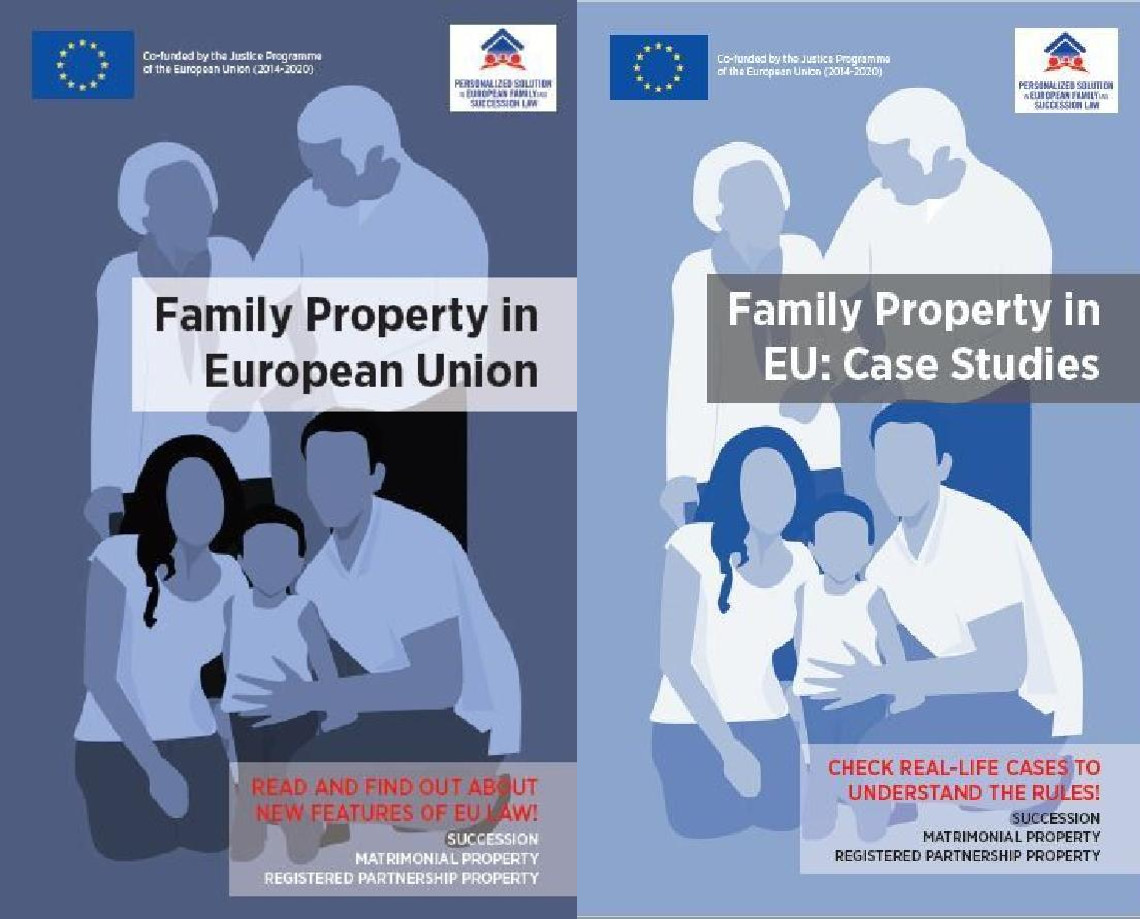Views
Nothing Found
Sorry, no posts matched your criteria
News
Call for Application to the Doctoral Programme in Sustainability
International and public law, ethics and economics for sustainable development – LEES is the name of the doctoral study programme jointly offered by the University of Milan, the University of Maastricht and the University of Rijeka. There are 6 scholarships available to excellent candidates who wish to conduct interdisciplinary research relevant to sustainability, including that related to private international law.
The call closes on 14 October 2019, and the studies commence as of the beginning of November 2019 in Milan. Further information and instruction is available here.
Cross-Border Debt Recovery in the EU – Workshop on the application of the “second generation” regulations in France and Luxembourg
On Friday 27 September 2019, the Max Planck Institute Luxembourg will host a workshop on Cross-Border Debt Recovery in the EU – Application of the “second generation” regulations in France and Luxembourg. The workshop is organised in the framework of the IC2BE Project, conducted by a European consortium comprising the MPI Luxembourg and the Universities of Antwerp, Freiburg (coord.), Madrid, Milan, Rotterdam, and Wroclaw. Funded by the Justice Programme (2014-2020) of the European Commission, this Project (JUST-AG-2016-02) aims to assess the working in practice of the “second generation” of EU Regulations on procedural law for cross-border cases, i.e., the European Enforcement Order (Regulation (EC) No 805/2004, “EEO”), the European Order for Payment (Regulation (EC) No 1896/2006, “EPO”), the European Small Claims Procedure (Regulation (EC) No 861/2007 as amended by Regulation (EU) No 2015/2421, “ESCP”) and the European Account Preservation Order (Regulation (EU) No 655/2014, “EAPO”) Regulations.
The workshop will address the application in practice of such Regulations in Luxembourg and France. Mr. François Biltgen (CJEU), Prof. Burkhard Hess, and Prof. Cyril Nourissat will chair the workshop’s Sessions. As was the case with the previous workshop hosted by the MPI Luxembourg on 8 June 2018, this event will bring together academics from various institutions, judges, bailiffs, lawyers and representatives from consumer organisations.
This workshop is conceived as a closed event. However, people having a special interest in the topic may apply for admission provided they submit a short explanation to motivate their request. The working languages will be English and French.
Contact address: veerle.vandeneeckhout@mpi.lu
The case law database of the IC2BE project is available here (in progress).
For the National seminars that will be hosted in the participating countries, see here.
For information on the IC2BE final conference, that will be held in Antwerp on 21-22 November 2019, see here and here.
EU Family Property in the PSEFS Project Initial Results
Within the ongoing EU Justice Project “Personalized Solution in European Family and Succession Law”, shortly known by the acronym PSEFS, the first stage of research has resulted in several publications. One of the most important is the e-book consisting of 28 reports by for the EU Member States concerning the forms of couples relations and patrimonial consequences thereof and succession regimes, which is accessible here. It also includes several questions regarding the private international law.
This massive publication has been summarised into the PSEFS Atlas provided for each EU Member State, containing information about the property regimes of married couples and registered partners and rules of succession. Designed as an informative tool for legal professionals and an effective support for citizens, it is accessible by clicking to the territory of the selected EU Member State on the map.
In the attempt to reach the public the team members also created two brochures, one with general information about the three regulations: the Succession Regulation, the Matrimonial Property Regulation and the Registered Partnership Property Regulation, and the other with case studies explaining the functioning of these regulations. The brochures are available in 5 languages by clicking on the pictures of their front pages under the respective results/information and support to the citizens section of the Project webpage.
The Project developments may also be followed on the PSEFS Facebook page. One of the forthcoming activities is the Ljubljana PSEFS Project Events. It is expected to gather close to hundred participants as it is open to both academics and practitioners interested in the topic regardless of their involvement in the PSEFS Project.




